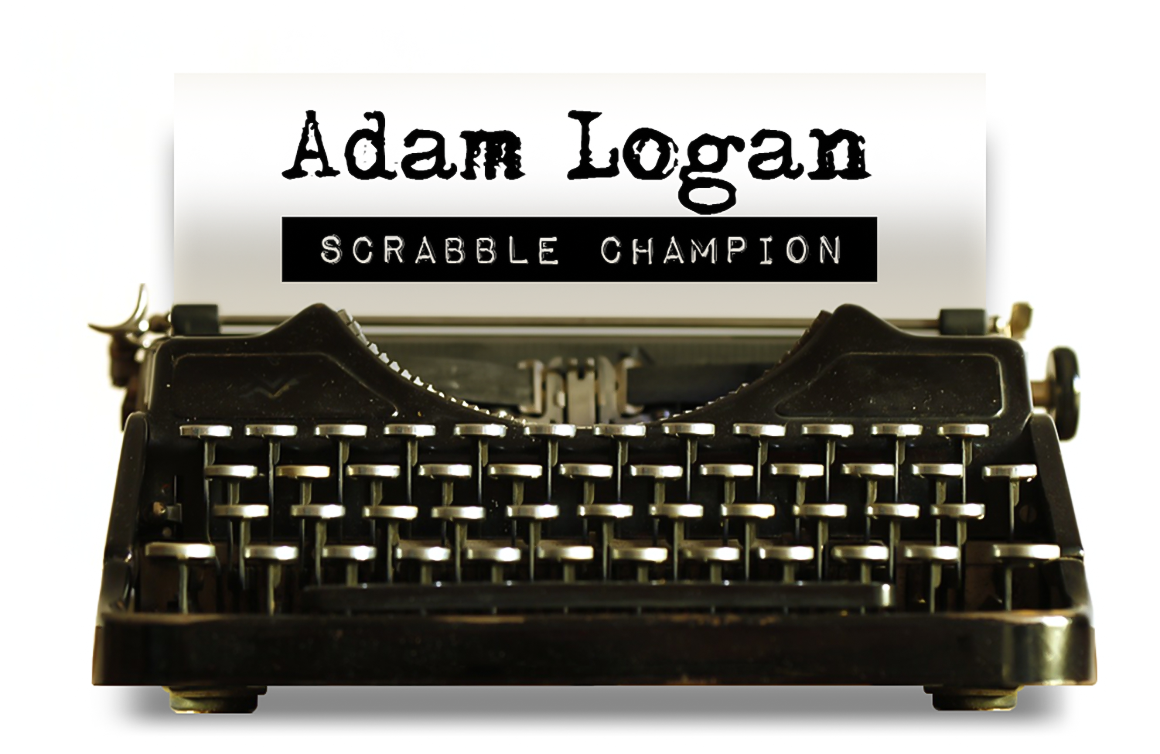How does being a research mathematician affect your Scrabble game?
I don’t think it has a direct affect but there is definitely a shared skill between the two: a basic understanding of probability.

You won the World Scrabble Championship in 2005 and have won the Canadian Scrabble Championship five times; how have the opponents changed during that time?
People have become a lot more serious about Scrabble. Competitors now have various online study programs and training platforms that allow them to study and play at a high level. There are also online game analysis programs which allow players to input games and uncover what they could have done better. That helps players develop an approach and strategy to the game. Competitors have also gotten younger.

Do friends and/or family ever challenge you to a game? Where do you turn to practice/train?
I really enjoy the game and do continue to play Scrabble with friends. Every game is an opportunity to learn and improve. When I first began playing Scrabble, I developed my own study program. Now that there are online study programs available I make the most of those. Knowing a lot of words is not enough to be a great player. There is a lot more to the game than making the highest scorning play. It’s a strategy game so players need to look at the board with that in mind.

What unexpected opportunities has being a Scrabble champion presented?
Playing competitively has allowed me the opportunity to travel and meet interesting people. The money I received from winning the North American championship enabled me to live a bit more comfortably in graduate school.

What’s next for you in the Scrabble world?
I continue to play competitively and concentrate on playing the best game I can. That seems to have worked out for me so far.






